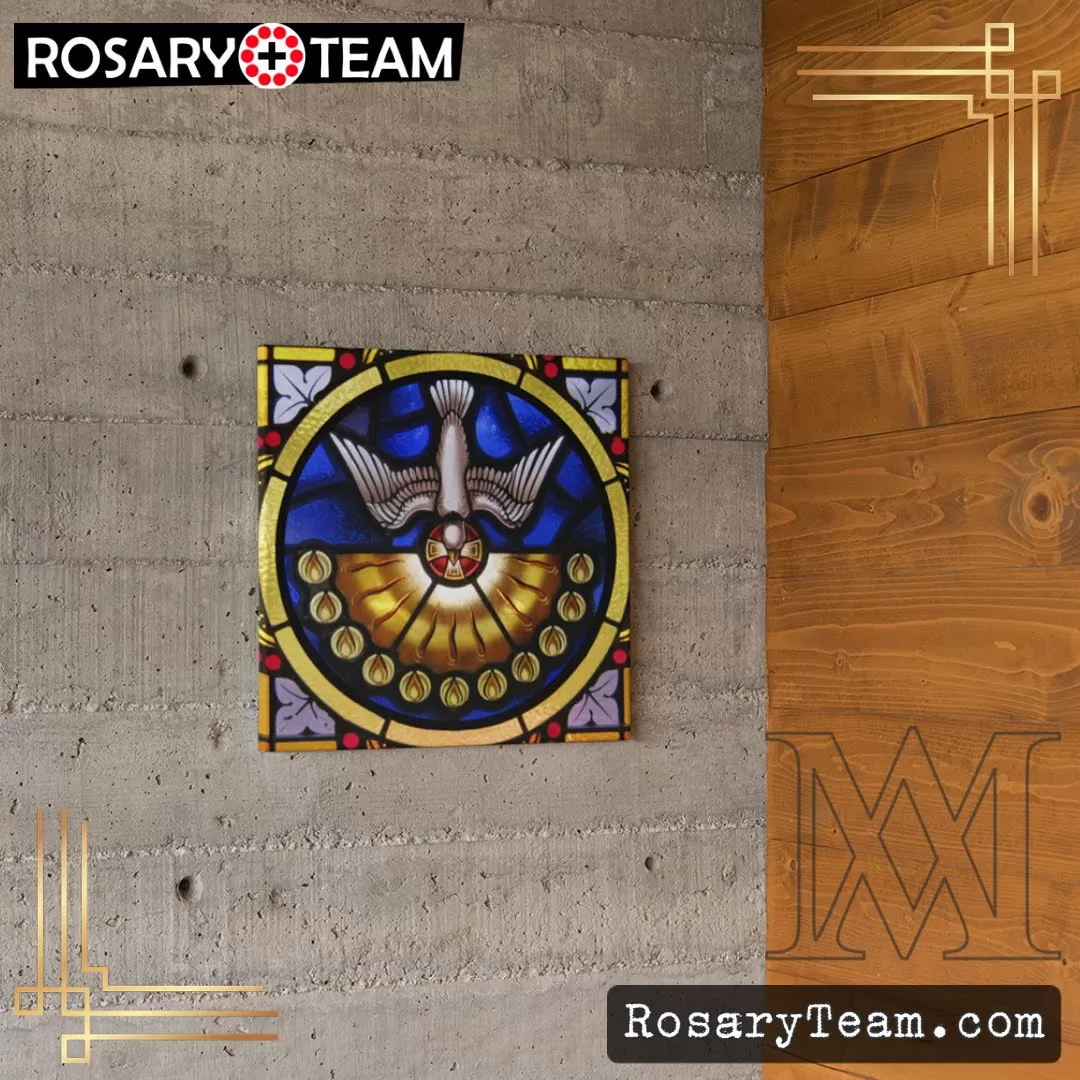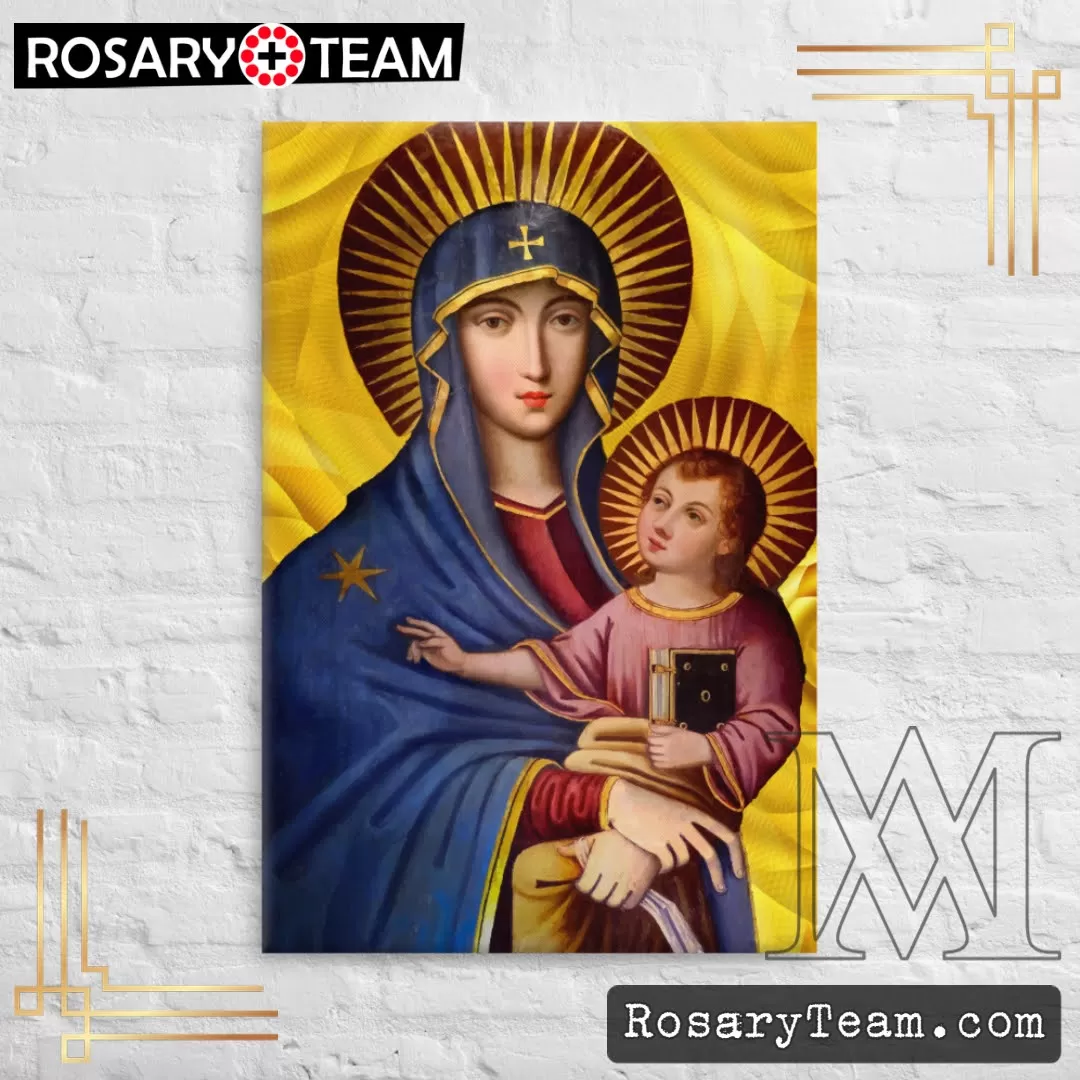1472
To
understand this doctrine and practice of the Church, it is necessary to
understand that sin has a double consequence. Grave sin deprives us of
communion with God and therefore makes us incapable of eternal life, the
privation of which is called the “eternal punishment” of sin. On the
other hand every sin, even venial, entails an unhealthy attachment to
creatures, which must be purified either here on earth, or after death in the
state called Purgatory. This purification frees one from what is called the
“temporal punishment” of sin. These two punishments must not be
conceived of as a kind of vengeance inflicted by God from without, but as
following from the very nature of sin. A conversion which proceeds from a
fervent charity can attain the complete purification of the sinner in such a
way that no punishment would remain.83
PART TWO: THE CELEBRATION OF THE CHRISTIAN MYSTERY
- SECTION TWO THE SEVEN SACRAMENTS OF THE CHURCH
- CHAPTER TWO THE SACRAMENTS OF HEALING
- Article 4 THE SACRAMENT OF PENANCE AND RECONCILIATION
From The Catechism of the Catholic Church – rosary.team
Original Link: https://www.vatican.va/archive/ENG0015/__P4G.HTM























